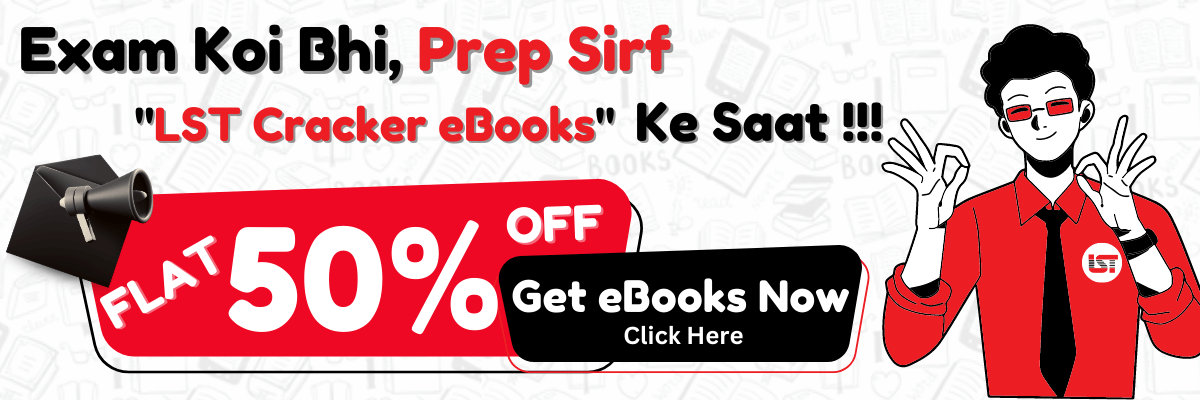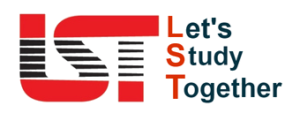Indian polity questions with solutions and explanation
Polity a subject which have it’s presence in all the exams. To solve your problem of less practice and distance from basic concepts of polity. We have come up with these scientifically and well researched Indian polity questions with solutions.
These will help you in both in practice as well as concept clearing. Attempt all questions and learn Indian polity questions with solution.
Indian polity questions with solutions Set-H
Q –1 Which of the following combinations are correctly matched?
(1) Territorial Nexus: object should have territorial connection with the state
(2) Pith and substance: The validity of legislation is determined by the degree of invasions into the field
(3) Colorable legislation: You cannot do indirect what you cannot do directly
(4) Repugnancy: Conflicting results are not produced where both laws are applied to the same facts.
Select the correct answer from the codes given below.
(A) 1, 2 and 4
(B) 2, 3 are 4
(C) 1, 3 are 4
(D) 1, 2 are 3.
Ans– (D)
explanation– Repugnancy means non effectiveness of law if it is inconsistent with any legal provision of the constitution.
Q–2 The President Rule under Article 356 remains valid in a state for the minimum period of
(A) 1year
(B) 2 years
(C) 3 years
(D) 4 years
Ans– (C)
explanation– Under article 356 clearly states that president rule cannot be imposed upon any state for more than 3 years.
Q –3 Under the constitution “Doctrine of Eclipse” applies.
(A) Only to the pre constitutional laws.
(B) To the post-constitutional laws but only in respect of non-citizens.
(C) To the post-constitutional laws in respect of citizens only.
(D) to all laws, pre constitutional or post constitutional.
Ans– (D)
explanation– Doctrine of eclipse means the laws which are inconsistent with the fundamental Rights shall be inoperative and eclipsed.
Q –4 Consider the following statements.
(1) Right to live with human dignity, enshrined in Article 21, derives its life breath from Directive principles of state policy.
(2) Speedy trial is an essential ingredient of just fair and reasonable procedure guaranteed by Art 21.
(3) In case of helplessness or disability, any member the public can maintain an application for an appropriate order, direction or write if there has been a violation of a constitutional right
Which of the statement is/are given above correct
(A) only 1
(B) only 2
(C) 1, 2 and 3
(D) 1 and 2
Ans– (C)
explanation– Article 21 is very widely interpreted by the Apex court. Supreme court evolve PIL a powerful instrument of social reform.
Q –5 A state of killings, abductions and dacoities severely threatens the law and order in a state. The Government recommends to the president of India that a breakdown of the constitutional machinery in the state is imminent. The president makes a proclamation under Article 356.
The action of the President.
(A) cannot be reversed as the president is the sole judge his emergency power.
(B) cannot be reviewed as the constitution bars the court from reviewing political actions.
(C) can be reviewed as it goes against fundamental rights.
(D) can be reviewed as it is malafide.
Ans– (D)
explanation– The action of imposing presidential rule in a state can be reviewed by the court on the ground of malafide.
You may also like – history questions
Q –6 The state of J&K enjoys a special status under Art. 370 (3), the constitution. But under Art 370 shall cease to be operative.
Consider the following statements in this regard.
(1) Public notification
(2) Recommendation of parliament.
(3) Advice of the union council of ministers.
(4) Recommendation of the constitution assembly of J&K. of these statements.
(A) 1 and 3
(B) 1 and 2
(C) 2 and 4
(D) 1 and 4.
Ans— (D)
explanation– article 370 (3).
Q–7 Consider the following statements regarding Directive principles of state policy.
(1) The Directive principles of state policy do not impose obligations on the state.
(2) So long as there is no law carrying out the Directives neither the state nor the individual can violate any existing law or right under the color of following the directives.
(3) Courts are not competent to compel the Govt to carry out any Directive principle
Which of the above statements are correct?
(A) 1, 2 and 3
(B) 1, and 3.
(C) 1 and 2
(D) 2 and 3
Ans– (C)
explanation– D.P are not justiciable. It depends upon the legislature whether to enact any law or not.
Q –8 Right to education is a fundamental right emanating from right to
(A) Freedom of speech and expression under article 19(1) (a).
(B) Under articles 29 and 30.
(C) Life and personal liberty under Article 21.
(D) Equality before law and equal protection of the law under Article 14.
Ans— (C)
explanation– A new article 21 A was inserted by the 86th amendment Act 2002.
Q –9 Right to freedom of religion cannot be restricted of the ground of.
(A) Public health
(B) Security of state
(C) Health
(D) Morality.
Ans– (B)
explanation– Article 25(1) is subject to public order, morality and health and to other provision of this part but not included security of state.
You may also like – NCERT download
Q –10 Reservation of seats in educational institutions in tribes of scheduled castes and scheduled tribes is governed by
(A) Article 15 (4) of the constitution.
(B) Article 16 (4) of the constitution.
(C) Article 29 (2) of the constitution.
(D) Article 14 of the constitution.
Ans– (A)
explanation– Article 15 provides reservation for educational institutions where Article 16 provides in services.
You may also like- The hindu with vocublary
Thank you and All the best.
We are responsible for what we are, and whatever we wish ourselves to be, we have the power to make ourselves. If what we are now has been the result of our own past actions, it certainly follows that whatever we wish to be in future can be produced by our present actions; so we have to know how to act.
—Swami Vivekananda
Attempt Free Mock Tests & Get Free eBooks










